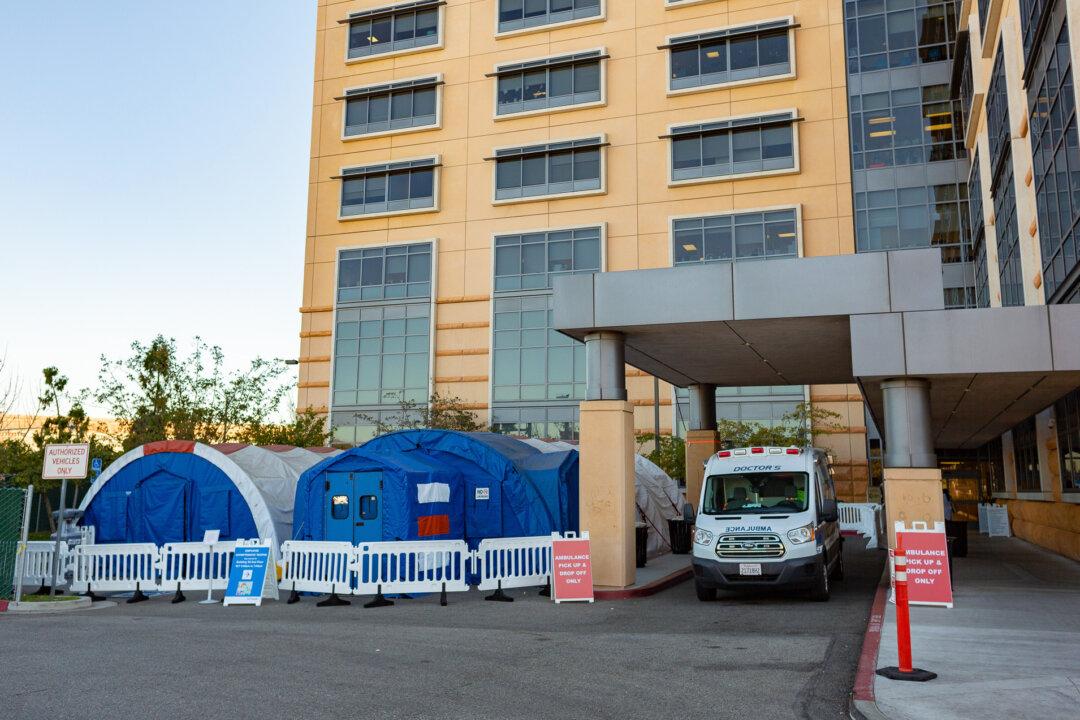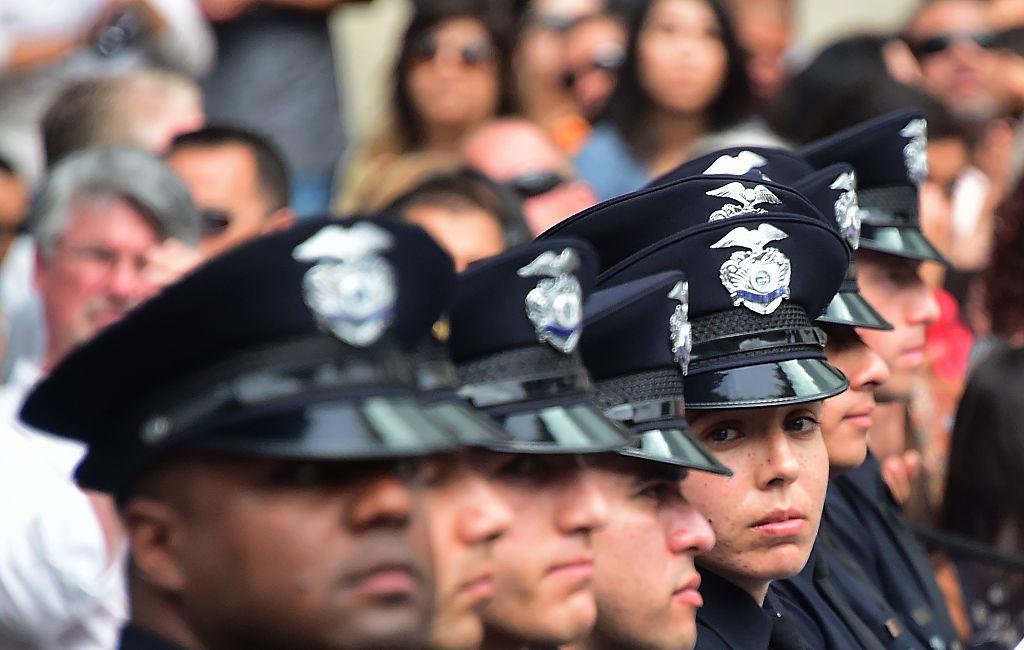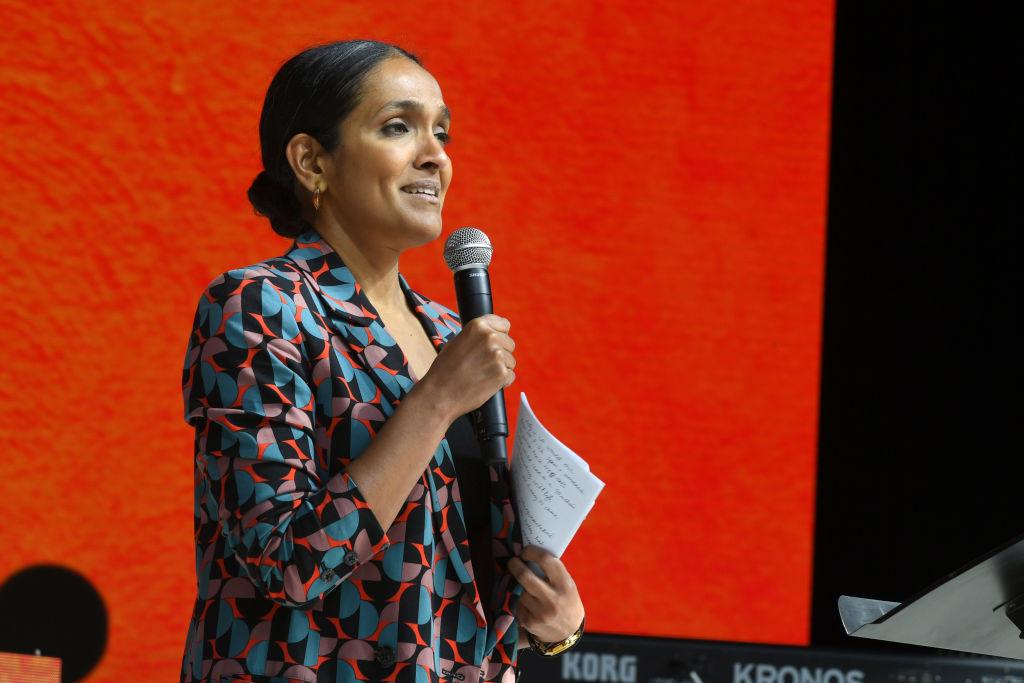Medical researchers at the University of California–Irvine (UCI) say their ongoing success with administering antibodies to treat COVID-19 could slow hospitalizations nationwide.
The UCI Health researchers say they continue to see positive results in their clinical method for infusing patients with monoclonal antibodies—laboratory-made proteins that mimic the immune system’s ability to fight off viruses—for the second consecutive week.





